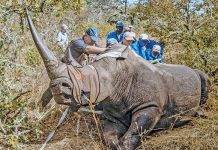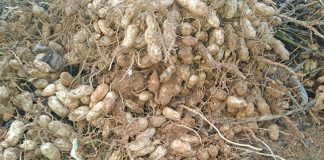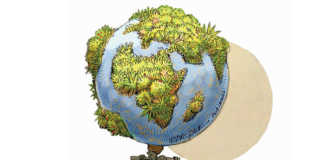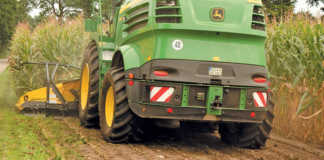
As the debate around climate change heats up, farmers should expect to face even harsher and sometimes unfair criticism from certain quarters.
We have already seen how the crusades by the anti-meat, -milk and -egg lobby groups have grown more strident, employing information selectively to claim that these industries are the primary cause of environmental damage.
READ Fake meat: coming to a supermarket near you
The most emotive weapons in persuading consumers to stop eating meat are the cases of animal cruelty exposed from time to time. When such cases are exposed, and rightly so, the industry only has itself to blame for failing to self-regulate and ensure that all farmers implement the necessary production practices that meet international animal-welfare standards.
If ever there was a time that animal producers were vulnerable to vilification and threat, it is now. Those who depend on livestock farming for their livelihoods should take these threats seriously, and the industry has to get its house in order.
There is an urgent need for farmers to have in place a professional organisational response to anti-animal-farming lobbyists; a response that is fair, balanced and well researched. No individual farmer can handle this; it has to be undertaken by the respective industry organisations.
Competition
Livestock farmers also have to contend with the market competition posed by fake meat. Presently expensive, it doesn’t taste much like real meat and is difficult to find locally. But increasing nutritional and environmental awareness, and the growing popularity of veganism, is driving up consumption.
READ Weak appetite for Bill Gates’s lab-grown meat solution
Entrepreneurs have been fast to exploit the trend, and companies such as Beyond Meat are finding no shortage of investors. So, although meat- and dairy-replacement products have made few inroads into Africa so far, we cannot be sure it will stay this way for much longer.
But, while fake meat products may be a threat to some, they are an opportunity for others. After all, fake meat is made from agricultural products; its manufacturers need a variety of soya beans, grains and pulses, and opportunities to grow these will emerge.
Livestock producers can diversify by converting some of the area previously used for animal feed crops to grow crops used in the manufacture of fake meat.
Adapting to change
While uncertain times lie ahead for traditional meat producers, energetic coordinated professional industry efforts to counter false anti-meat propaganda, strict adherence by all farmers to minimum standards, and exploitation of alternative crops for alternative meat products will see creative and adaptive livestock farmers continue to thrive in the years ahead.
Peter Hughes is a business and management consultant.











